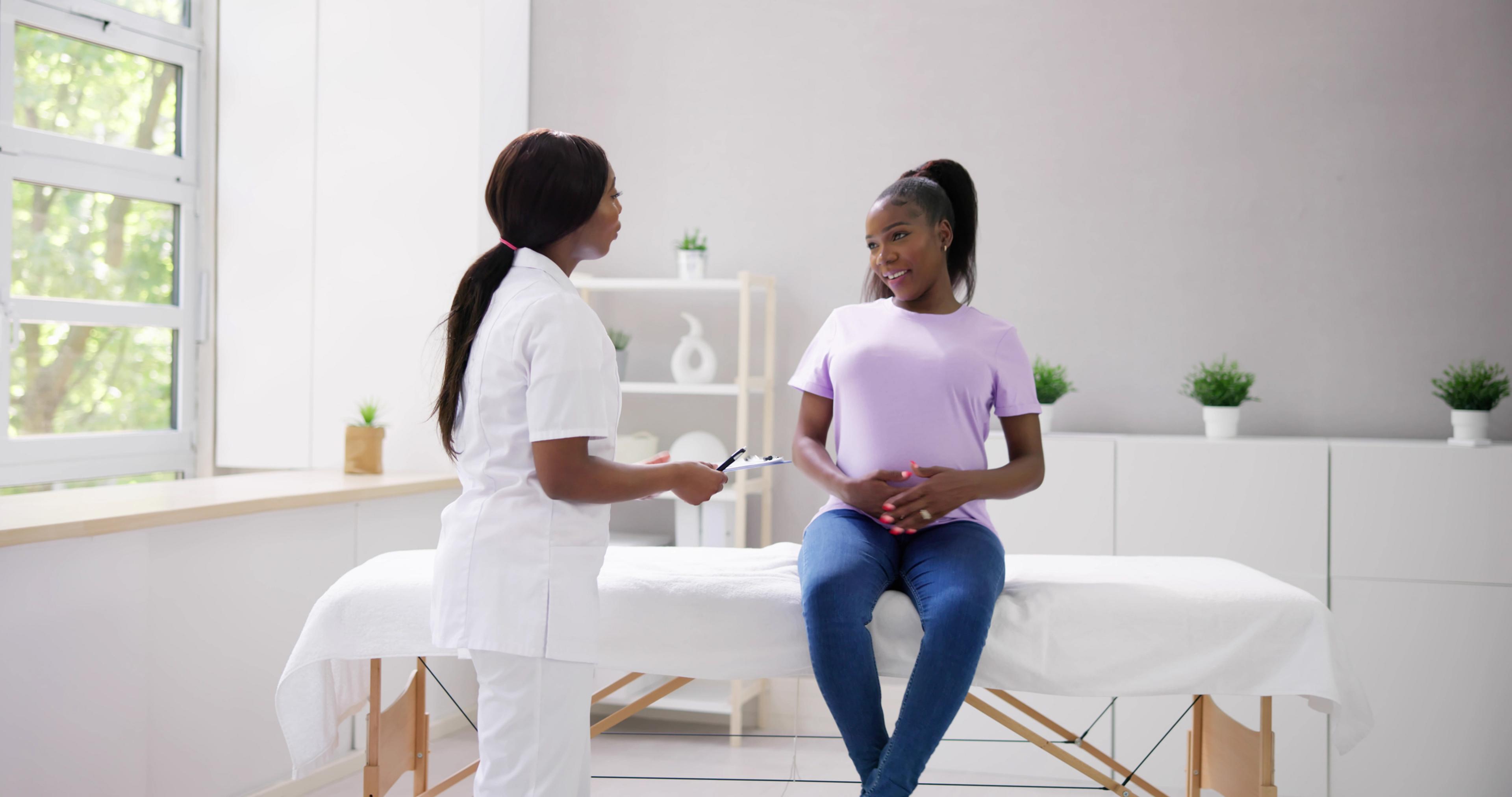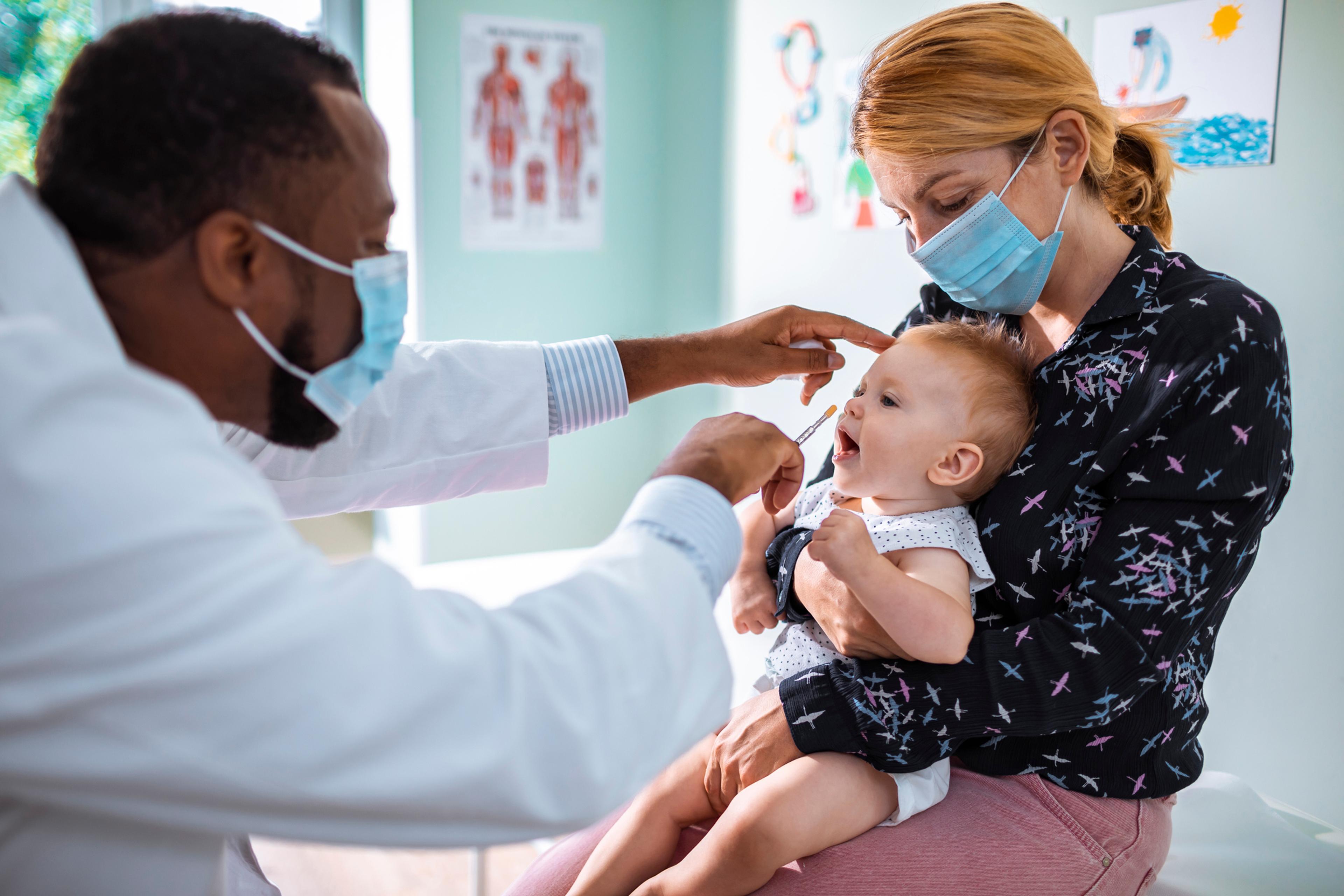Cancer Screenings 101: What You Need at Every Age
Dr. Denice Logan, Medical Director at BCBSM
| 3 min read

An estimated 1.9 million Americans will be diagnosed with cancer in 2022. Preventive care, including wellness screenings, have become vital for early detection and life-saving treatment. To encourage these efforts, the American Cancer Society has established the following screening guidelines:
Ages 21 to 29
A Pap test should be done every three years for women in this age group. It’s primarily used as a screening tool for cervical cancer, which kills more than 4,000 women each year. People between the ages of 25 and 65 should get a primary HPV (human papillomavirus) test done every five years. If primary HPV testing is not available, screening may be done with either a co-test that combines an HPV test with a Papanicolaou (Pap) test every five years or a Pap test alone every three years.
Ages 30 to 39
The average age of a cervical cancer diagnosis is 50. People between the ages of 25 and 65 should get a primary HPV (human papillomavirus) test done every five years. Minimally, female patients should still receive a Pap test every three years.
Ages 40 to 49
Under the Patient Protection and Affordable Care Act, private health plans must offer colon cancer screenings. Starting at age 45, people at average risk should be regularly tested for the disease. The most common methods are a stool test or a visual exam, during which a doctor looks at both the colon and rectum. Also, by age 45, African American men and individuals with a family history of prostate cancer (diagnosed before 65), should talk to their doctor about their risk. For women, particularly those age 40 to 44, breast cancer screenings are optional. But by 45, mammograms should be performed regularly as part of their annual physical.
Ages 50 to 64
At 50, all men should ask their health care provider about being tested for prostate cancer. Also, people age 55 and older who currently smoke or have a history of smoking should inquire about a lung cancer screening. Women age 55 and older can shift from an annual mammogram to one every two years. This decision is based on one’s individual medical history and a physician’s instruction.
Age 65 and older
By age 65, several wellness screenings are provided on a case-by-case basis. HPV and Pap tests as well as prostate exams may not be necessary. Colon cancer screenings are still recommended for individuals through age 75. But anyone older should talk to their doctor about whether continued tests are beneficial. Insurance providers typically cover vital cancer screenings.
Yet, the timeline for services and individual coverage can vary by plan. In certain cases, exceptions may be made for those who are at a higher risk for disease. Members should always check with their insurance carrier before scheduling a screening.
About the Author: Dr. Denice Logan, D.O., is a medical director at Blue Cross Blue Shield of Michigan.
If you found this post helpful, read these blogs:
- Breast Cancer Awareness: Screenings Could Save a Life
- Black Men: What You Need to Know About Prostate Cancer
- Colon Cancer: A New Concern for Young Adults
Photo credit: FatCamera





